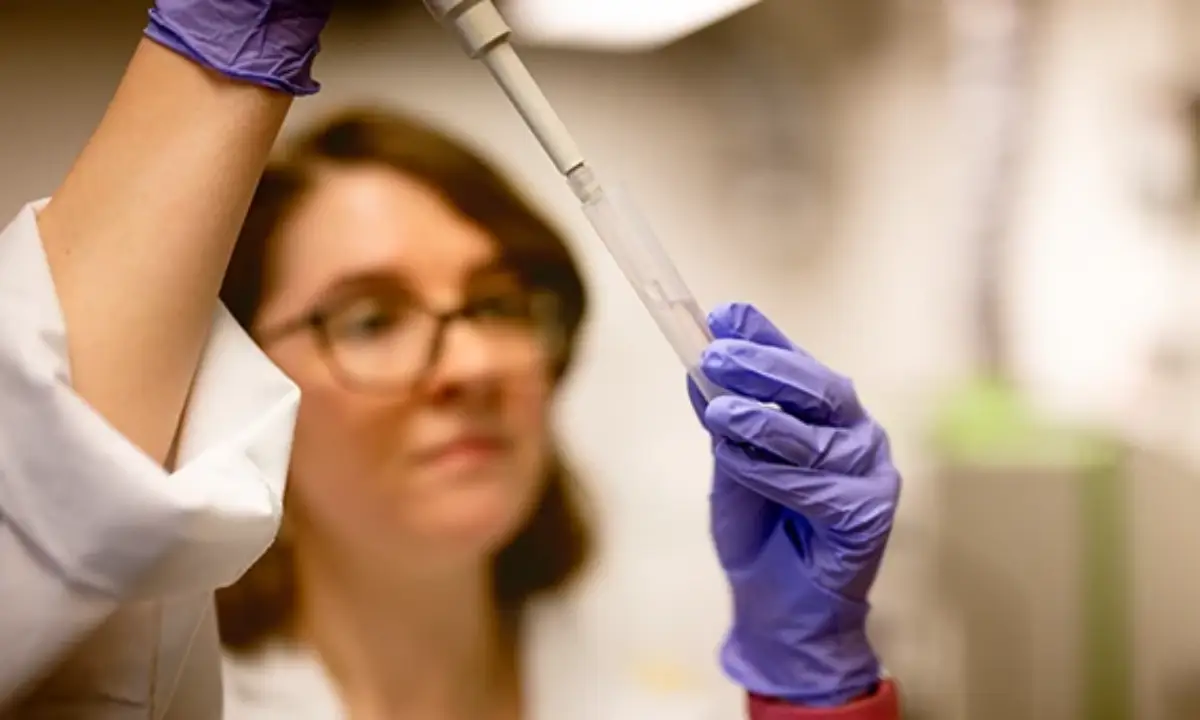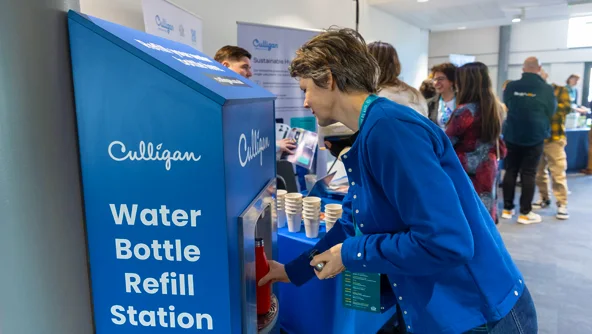

In recent news, Devon residents have been alerted to the presence of cryptosporidium, a waterborne parasite posing health risks. As concerns over water safety escalate, it’s crucial to explore effective solutions that go beyond simple boiling methods.
The issue at hand – What is cryptosporidium?
According to the UK government website, Cryptosporidium is Cryptosporidium is a parasite (a tiny organism) that causes an illness or disease called cryptosporidiosis.Infections from the parasite cryptosporidium can be caused by drinking contaminated water. One of the concerning aspects of Cryptosporidium is its resistance to many traditional water treatment methods. It can survive in both chlorinated and non-chlorinated water, making it a significant concern for drinking water supplies, recreational water sources like swimming pools, and agricultural water systems.
Cryptosporidium outbreaks, like the recent cases in Devon, underline the vulnerability of our water sources to bacterial contamination. Factors such as inadequate treatment, environmental conditions, and ageing infrastructure can contribute to the birth of these pathogens. While boiling water is a common recommendation during such crises, it’s not always the most practical or comprehensive solution.
Enter water purification systems
Instead of relying solely on boiling, which can be time-consuming and inconvenient, consider investing in water purification systems equipped with filtration technology. These systems act as a barrier against a wide range of contaminants, providing a robust defence against bacteria like cryptosporidium. Think of it as an antivirus for your water supply, effectively blocking harmful substances even when you’re unaware of their presence.
Key technologies to consider
When exploring water purification options, it’s essential to prioritise reliable protection. Two standout solutions include:
UV-C light: Ultraviolet light can be an effective method for reducing Cryptosporidium contamination.
Culligan Firewall™ Technology: Unlike other mains-fed dispensers, Culligan’s patented Firewall UVC technology thoroughly purifies water all the way through to the dispensing nozzle. Certified and approved in over 7,000 independent tests, Firewall®, is proven to safely purify water up to 99.9999% bacteria-free, 99.9% cyst-free and 99.99% virus-free.
Our range of Firewall water dispensers.
Microfiltration and Ultrafiltration: Another powerful tool in the fight against water borne threats is ultrafiltration technology. This method employs specialised membranes to remove bacteria, protozoa, and even tiny particles from water, ensuring a consistently clean and refreshing drinking experience. Microfiltration typically removes particles larger than 0.1 microns, while ultrafiltration can remove particles as small as 0.01 microns. Regardless of the filtration technology used, regular maintenance is essential to ensure effective removal of Cryptosporidium and other contaminants.
Choosing Culligan
As a trusted leader in water treatment solutions, Culligan is committed to safeguarding the health and well-being of communities across the UK. With millions of satisfied customers globally and a reputation for excellence, we stand ready to guide you through the process of implementing reliable water purification systems.
Whether for residential or commercial use, Culligan offers tailored solutions to suit your specific needs and preferences. Our team of experts will work closely with you to assess your requirements, recommend the most suitable technologies, and ensure seamless installation and ongoing support.
In times of uncertainty, your water quality should never be compromised. Choose Culligan as your partner in water safety, and enjoy the confidence of knowing that your drinking water is protected by the best-in-class technologies available.
For more information on how Culligan can enhance your water quality, visit Culligan’s website or contact our team directly.
Sources: Cryptosporidium: public advice – GOV.UK (www.gov.uk)
Continue Reading



